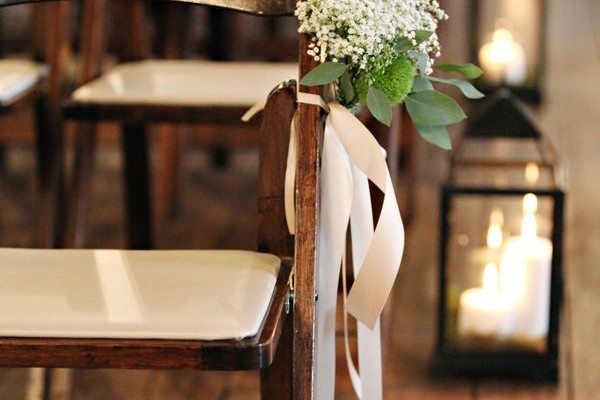In many cases — at least in this country — a marriage can be recognized both by church and state. While the state sets the legal requirements for the wedding, a church sets additional standards and requirements for the marriage to be recognized as sacred. In Catholicism, marriage constitutes one of the sacraments of faith. Consequently, the Catholic Church has its own nonnegotiable requirements for a marriage that’s recognized in the eyes of the church.
Venue Constrictions
Interestingly enough, location constitutes one of the most important elements of the Catholic wedding. Although outdoor weddings are increasingly popular, they simply can’t be recognized by the Catholic Church. The reason is, Catholicism holds that the purpose of the wedding ceremony is to seek God’s blessing and presence in your marriage, and to do that, the wedding must take place within sacred walls. It’s easy to see how Catholicism would have drawn a clear line between Catholic weddings and more pagan affairs long ago, using these guidelines. An outdoor wedding will be perfectly legal, but not recognized by any Catholic Church.
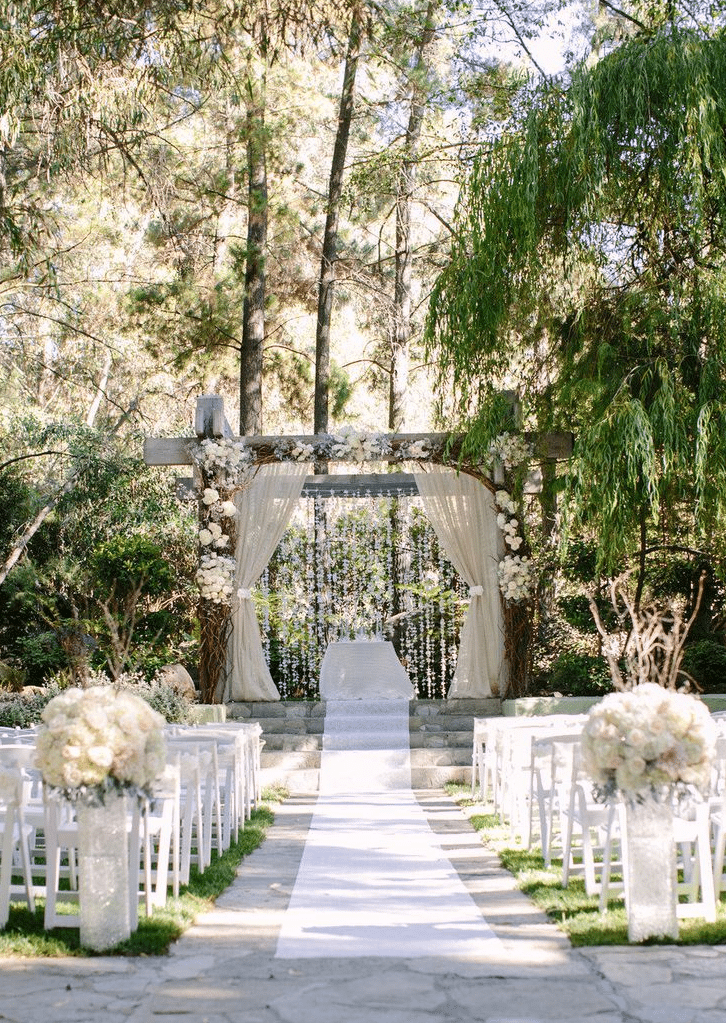
Mass Not Required
Despite these strictures, the Catholic wedding doesn’t require a Mass to be part of the ceremony. A union performed in a church by Catholic priest, whether or not it features a full Mass, will still be completely recognized. Still, many couples opt for the full Mass, both for the additional blessings received during the ceremony, and the chance to include family and friends in a fuller expression of their faith.
A wedding including a full Mass can last slightly over an hour, while a wedding without one may last only about 20 minutes — a period that can simply feel too short. The shorter version will include readings, psalms, hymns, and blessings from the priest, but not a celebration of the Eucharist.
Previous Marriages
Another unique aspect of the Catholic wedding is how former marriages must be annulled before the couple can marry within the church. Even if the previous marriage didn’t qualify to be recognized by the church, an annulment is still required before the current one can take place. A legal divorce decree doesn’t suffice here. Instead, the formerly married bride or groom will need to seek an annulment through the church asserting that the previous marriage was invalid. The time for processing an annulment varies, but most are completed within 16 months at a cost of about $500. (It’s important to mention that annulments are in no way guaranteed, but are merely considered.) See also What Is Marriage Convalidation?
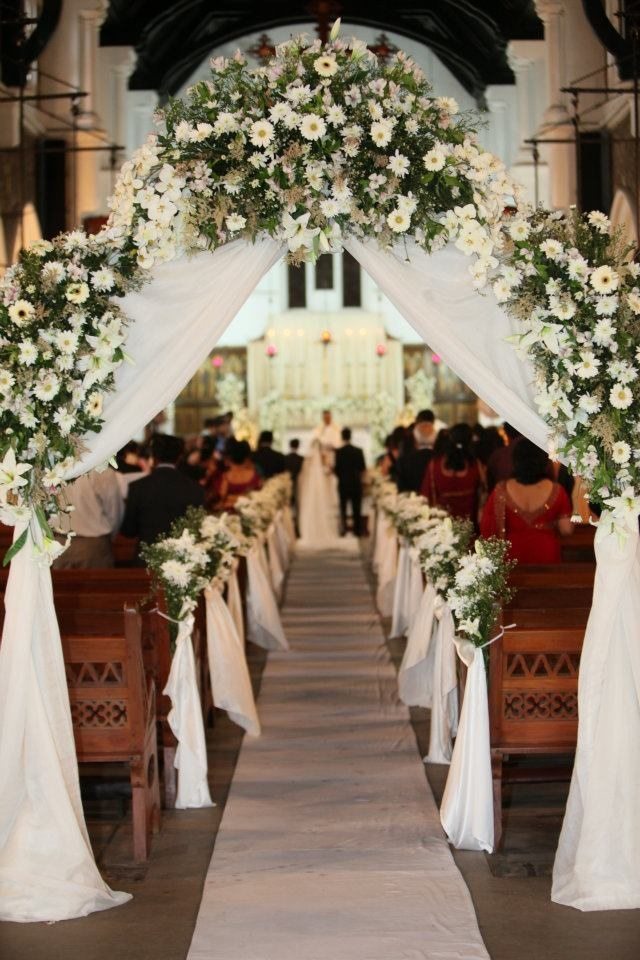
Musical Choices
Music in a Catholic wedding is also a matter of deep tradition. While religious music is naturally preferred, many churches nonetheless will consider secular music, so long as the priest is willing to approve it before the wedding. While time has given us many sublime musical choices, only some of them religious, it’s important to remember that priests are understandably hesitant to play secular music within God’s domain. The average priest will be more than careful to ensure that any secular music you suggest
will be totally appropriate and incapable of offending any guests. If you want the smoothest sailing, you may want to avoid asking for secular music in your Catholic wedding. See also 50 Awesome Recessional Songs.
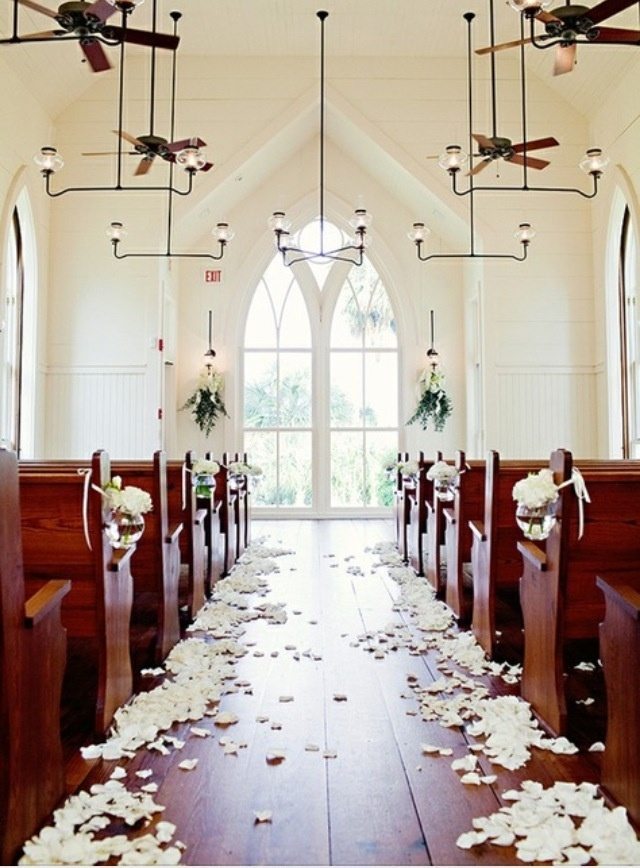
Premarital Counseling
An additional requirement of the Catholic Church is that couples attend premarital counseling sessions, sometimes referred to as Pre-Cana. Most couples find Pre-Cana quite worthwhile. It gives them a forum for talking about and even resolving potentially serious issues before the wedding takes place. This time-honored tradition goes a long way toward ensuring that the couple’s a good match, with a good chance at a lasting union. Sessions are usually hosted and moderated by a priest, and sometimes include young married couples who can testify to both the bitter and sweet of marriage. Pre-Cana sessions can be either individual or group-based. They may involve weeks or months of sessions, or simply one intensive weekend.
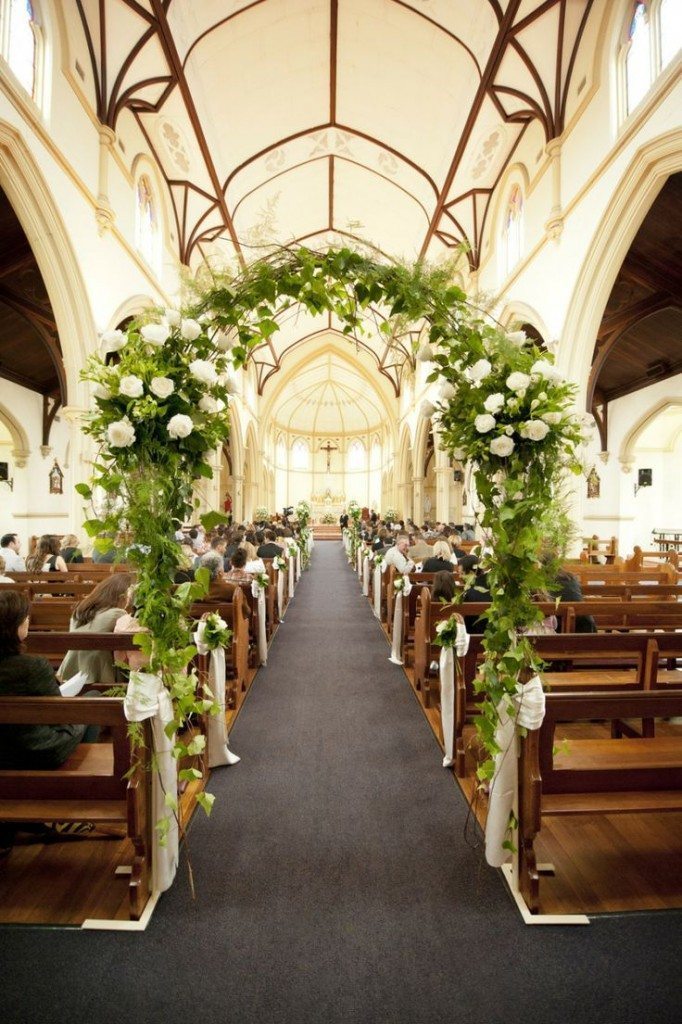
Individual Requirements
It may surprise you to learn that both members of a couple don’t have to be Catholic for their wedding to be recognized by the Catholic Church. It is required, though, that at least one member be Catholic and active in the church. The non-Catholic party is still required to participate in Pre-Cana counseling, and both parties, whether Catholic or not, need to have prior marriages annulled before they can marry in the church.
To sum up, in order for a marriage to be recognized within the Catholic Church you’ll need to meet certain requirements, including location, musical traditions, annulments of prior marriages, sanctioned premarital counseling sessions, and a level of activity and good standing within the church.


